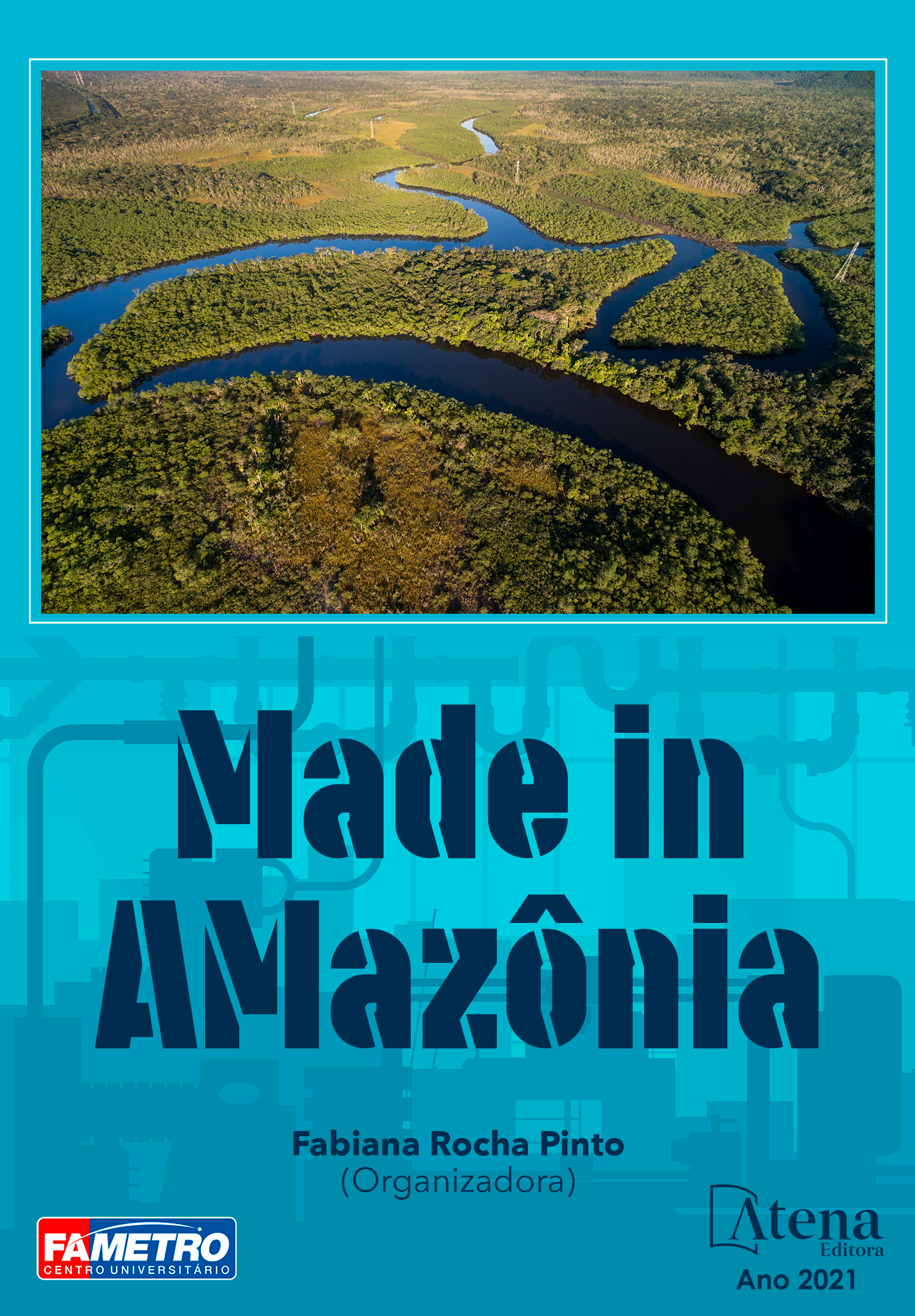
PROPOSTA DE IMPLANTAÇÃO DA METODOLOGIA TPM EM UMA FÁBRICA DE EMBALAGENS DE PAPELÃO ONDULADO
TPM (Total Productive Maintenance) é uma metodologia que surgiu no Japão, que vem sendo utilizada como método de gestão por empresas conceituadas em todo o mundo, afim de melhorar a eficiência global da organização, através do aumento da produtividade, qualidade, confiabilidade dos equipamentos, preservação ambiental, segurança, educação e treinamento de seus funcionário e redução de perdas com refugo e retrabalho, por meio de seus oito pilares e das ferramentas e métodos utilizados na sua implantação. O presente estudo tem como objetivo propor a implantação desta metodologia em uma fábrica de papelão ondulado, localizada no Polo Industrial de Manaus, realizando um estudo da atual situação da empresa e identificando os possíveis ganhos com sua implantação, que irão refletir na sua competitividade e sobrevivência no mercado, além de apontar alguns dos conceitos e ferramentas que podem ser utilizados durante a implantação. A pesquisa em questão se caracteriza como quantitativa, por tratar-se de um estudo fundamentado por meio do histórico de resultados e indicadores da empresa, e em relação a característica da pesquisa, esta pode ser definida como estudo de caso pois apresenta uma interação entre pesquisador e objeto de pesquisa. A empresa estudada já vinha apresentando um crescimento notável na sua produção, mas foi observado que ainda havia oportunidade de melhoria. O objeto de estudo foi uma das máquinas da área de conversão de chapas, e com base nos resultados obtidos, foi confirmado a necessidade da aplicação dos conceitos e métodos do TPM, pois a mesma sofre com um alto índice de quebras, falta de confiabilidade dos equipamentos, auto tempo de setup, e não padronização das atividades de limpeza e organização. O presente estudo propõe a implantação da metodologia TPM, a começar pelos pilares de manutenção autônoma e manutenção especifica, que irão tratar diretamente os problemas encontrado nos resultados da pesquisa.
PROPOSTA DE IMPLANTAÇÃO DA METODOLOGIA TPM EM UMA FÁBRICA DE EMBALAGENS DE PAPELÃO ONDULADO
-
DOI: 10.22533/at.ed.53021010450
-
Palavras-chave: Melhoria, Eficiência, Manutenção Produtiva Total.
-
Keywords: Improvement, Efficiency, Total Productive Maintenance.
-
Abstract:
TPM (Total Productive Maintenance) is a methodology that emerged in Japan, which has been used as a management method by reputable companies around the world, in order to improve the overall efficiency of the organization, by increasing productivity, quality , equipment reliability, environmental preservation, safety, education and training of its employees and reduction of losses due to refuse and rework, through its eight pillars and the tools and methods used in its implementation. The present study aims to propose the implementation of this methodology in a corrugated cardboard factory, located in the Industrial Pole of Manaus, carrying out a study of the current situation of the company and identifying the possible gains with its implementation, which will reflect on its competitiveness and survival in the market, in addition to pointing out some of the concepts and tools that can be used during deployment. The research in question is characterized as quantitative, as it is a study based on the history of results and indicators of the company, and in relation to the research characteristic, this can be defined as a case study because it presents an interaction between researcher and research object. The company studied was already showing remarkable growth in its production, but it was observed that there was still an opportunity for improvement. The object of study was one of the machines in the area of plate conversion, and based on the results obtained, the need to apply the concepts and methods of the TPM was confirmed, as it suffers from a high rate of breaks, unreliability of the equipment, auto setup time, and non-standardization of cleaning and organization activities. This study proposes the implementation of the TPM methodology, starting with the pillars of autonomous maintenance and specific maintenance, which will directly address the problems found in the research results.
-
Número de páginas: 5
- FABIANA ROCHA PINTO
- GABRIEL JEAN DOS SANTOS SILVA


